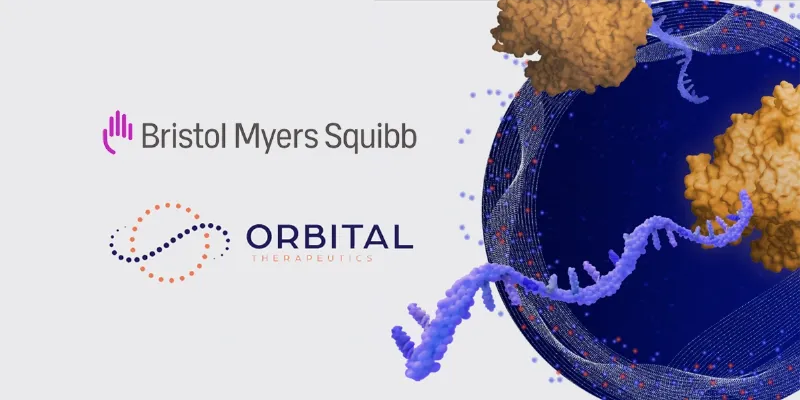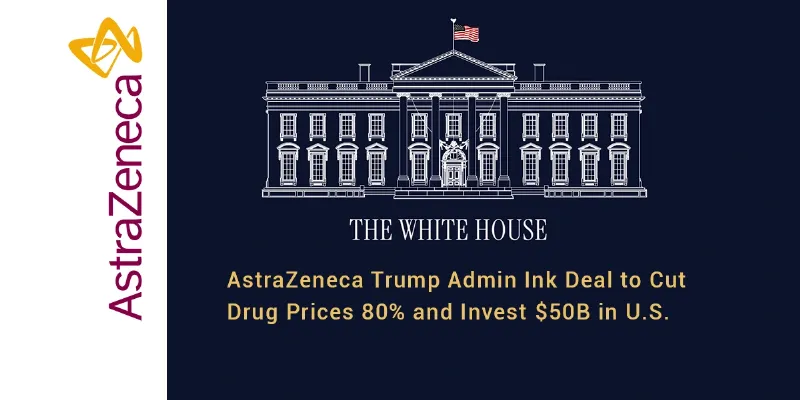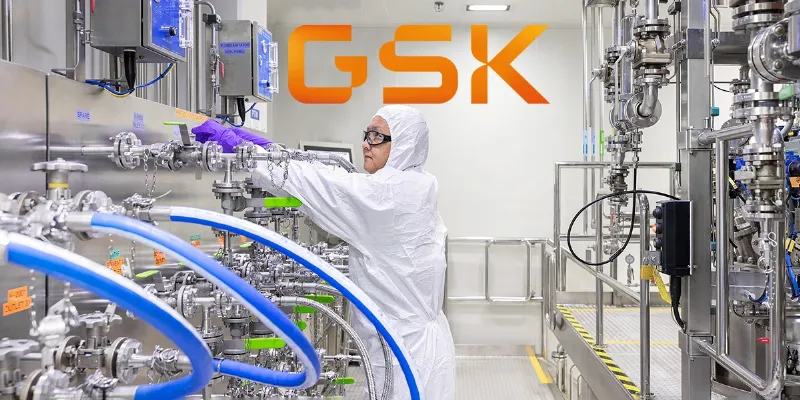The Global CAR T-Cell Therapy Market's Ascent: From $8.2 B in 2022 to $11.2 B by 2030


Pharma |
26 January 2024
The CAR T-cell therapy market, a major innovation in cancer treatment, is poised for substantial growth, with its value expected to surge from USD 8.2 billion in 2022 to an estimated USD 11.2 billion by 2030. This represents a significant shift in oncology, driven by a CAGR of 23.8% at the same period. Key players like Pfizer, Cellectis, and Merck are spearheading this growth, predominantly in North America, aligning with increasing cancer incidence and ongoing research.
The Mechanism: A New Dawn in Oncology
CAR T-cell therapy, involves genetically modifying a patient's T cells to express chimeric antigen receptors (CARs). These engineered T cells can then identify and obliterate cancer cells, targeting specific antigens with remarkable precision. This method has shown exceptional efficacy, particularly in treating hematological malignancies like certain leukemias and lymphomas, where conventional treatments often fall short. The ability of CAR T cells to distinguish cancer cells from healthy ones results in improved outcomes and fewer side effects, a leap from traditional chemotherapy and radiation.
Market Drivers: Big Players and Innovation
The growth of the global CAR T-cell therapy market is propelled by a robust product pipeline and a surge in cancer incidence. According to the World Health Organization (WHO), one in five individuals develops cancer during their lifetime, with over 50 million living within five years of a previous cancer diagnosis.
As of 2022, North America dominates the global CAR T-cell therapy market, particularly in the U.S., driven by high healthcare expenditure and significant advancements in treatment procedures. Recent FDA approvals of CAR T-cell therapies have expanded the market, especially in the treatment of blood cancer, leukemia, and myeloma. In Canada, the CAR T-cell therapy market is expected to follow the trajectory of the U.S., supported by increasing investments and favorable reimbursement policies.
The Asia-Pacific region, particularly China, is projected to experience the highest growth rate during the forecast period. China's surge in registered clinical trials for CAR-T therapies, backed by government spending and reforms, positions it as a promising market for these treatments.
The Future: A Diverse and Dynamic Market
The CAR T-cell therapy market is segmented into various drug types and indications, with products like Abecma, Breyanzi, and Kymriah leading the way. These therapies address a range of conditions, from lymphoma to multiple myeloma, offering new hope where once there was little.
Major Classifications are as follows:
By Drug Type
- Abecma (idecabtagene vicleucel)
- Breyanzi (lisocabtagene maraleucel)
- Carvykti (ciltacabtagene autoleucel)
- Kymriah (tisagenlecleucel)
- Tecartus (brexucabtagene autoleucel)
- Yescarta (axicabtagene ciloleucel)
By Indication
- Lymphoma
- Acute Lymphocytic Leukemia
- Chronic Lymphocytic Leukemia (CLL)
- Diffuse Large B-cell Lymphoma
- Follicular Lymphoma
- Mantle Cell Lymphoma
- Multiple Myeloma (MM)











Comments
No Comments Yet!